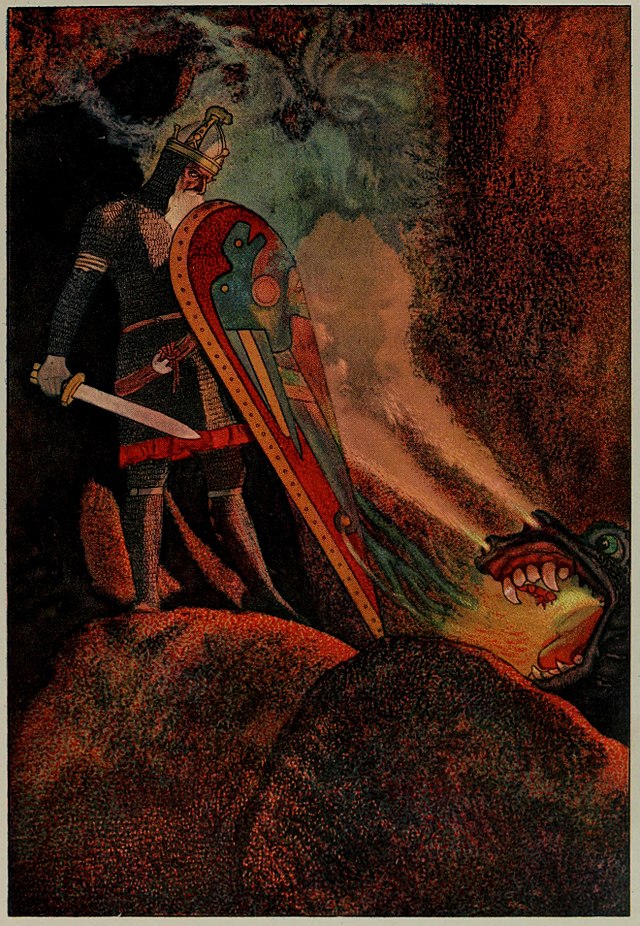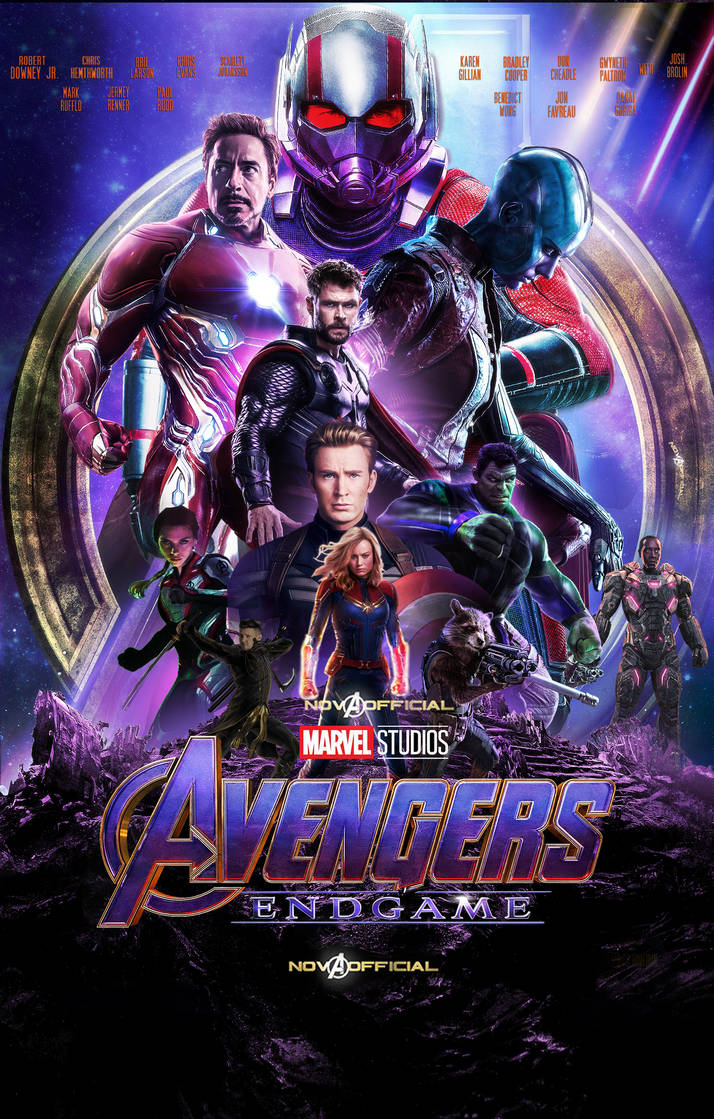 The epic of Gilgamesh is a trip. Dating back to Mesopotamia around 2112 BC, it's one of the oldest works of writing in human history. Older than anything I've ever read. Of course, the original story was written on clay tablets in Akkadian, but today we have these English translations that may or may not be a direct translation. This makes for interesting reading for the modern reader like myself.
The epic of Gilgamesh is a trip. Dating back to Mesopotamia around 2112 BC, it's one of the oldest works of writing in human history. Older than anything I've ever read. Of course, the original story was written on clay tablets in Akkadian, but today we have these English translations that may or may not be a direct translation. This makes for interesting reading for the modern reader like myself. The story is about a ruthless king named Gilgamesh. This guy is such an asshole that he rapes any woman he wants, and even rapes a woman on her wedding day. Gilgamesh is on the war path, treating his subjects like crap. The old Babylonian gods are mad at Gilgamesh, who happens to be 2/3's god but still a mere mortal. So they decide to create an equal to go up against him and show him whats up. Nobody is equal to Gilgamesh in strength or wit until the gods create Enkidu from clay. Enkidu is first a wild man, living with the animals in nature. Eventually, a hunter finds him and takes him to the city, where he joins civilization. After he realizes that the animals don't like him anymore he sees that he has become apart of mankind.
Enkidu hears about the bad stuff Gilgamesh does so he challenges him to a fight. They wrestle for a long time until Gilgamesh gets the upper hand and defeats him. After that, they see each other as equals and become fast friends. Sounds like the fight I had between my first bully in middle school.
Later, they decide to take up the mantle of heroes. The two embark on a voyage to this forest that is forbidden to mortals. They just want some trees and show off that they are heroes for going where mortals aren't allowed. They go there and find the guardian of the forest, a monster that guides the forest for the gods. They kill the monster, take some trees, and build a boat out of it and go back home to Uruk as heroes.
Later, the goddess Ishtar attempts to seduce Gilgamesh but he's not interested. She gets mad and has her father, Anu, the god of the sky, creates a monster called the Bull of Heaven to fight Gilgamesh but together, Gilgamesh and Enkidu slay the beast. However, as punishment for killing the Bull of Heaven the gods decide that one of our two heroes must die. Enkidu draws the shortest straw. Enkidu gets sick and tells Gilgamesh of visions of the afterlife before he croaks.
Enkidu's death causes Gilgamesh grief, something he had never experienced before, experiencing the death of a loved one. This causes Gilgamesh to seek out a way to cheat death and live forever. Gilgamesh goes through many trials on his own but finds his way to Utnapishtim. Utnapishtim is the first Noah as in Noah's ark. The gods created a flood that destroyed all of mankind but Utnapishtim ended up creating an ark that housed two [male/female] of every animal, to save life after the Deluge. After the gods saw that he did this and ended up living after the flood they granted him eternal life. Utnapishtim offers to give Gilgamesh the gift of eternal life but he has to do one thing first: He has to stay awake [without sleeping] for an entire week. Gilgamesh foolishly attempts to do it only to fail spectacularly. He prepares to go home in shame and sorrow. But then Utnapishtim's wife feels sorry for Gilgamesh and has Utnapishtim tell Gilgamesh where he can find this plant that will restore life back to its vibrant youth [pretty much eternal life sort of]. Gilgamesh finds the plant easily, but when he's sleeping a snake comes and steals it [echoes of Satan of the Bible], sheds its skin, and regains its youth, leaving Gilgamesh defeated.
The story ends with Gilgamesh going back to Uruk and coming to terms with his mortality. He realizes that the city he has will be his everlasting legacy. He realizes that although he and the city may be forgotten the human race will live forever [sort of].
Well, where do we start? In terms of themes, there's a lot going on here. There's love, friendship, and loss once Gilgamesh becomes best friends with Enkidu, and then Enkidu ends up dying. This is a theme that continues throughout literature even today. When Enkidu becomes a best friend Gilgamesh changes, starts to feel compassion for others. In fact, he had changed so much that when he got the plant that restores youth, he was planning on giving it to the elders of Uruk. I did not see that coming.
Another major theme is the inevitability of death. This is a theme that continues throughout literature today as well. Here we have a guy who tries to overcome death but inevitably realizes that he's a mere mortal like all of us. He comes to grips with reality and sees that the life he has is the only life he will ever have so he should make the most of it and live a fulfilling life. Although Gilgamesh is part god he's still mortal too after all.
It should also be noted that there are parallels here between Gilgamesh and the Bible. The flood story [called the Deluge here] is completely identical to the story of Noah's ark in the Bible exempting the fact that God didn't make Noah immortal for doing that in the Bible. Also, the poem makes a serpent the thief of eternal life [the youth-restoring plant]. This is identical to when Satan takes the form of a snake and persuades Eve to eat the apple from the forbidden area of the Garden of Eden. It's remarkable that Gilgamesh and the Bible are so similar especially because they were separated by so much time. This shows the legacy of literature. Once something is written down it may last forever [or 4000 years in this case]. And that really shows how important the epic of Gilgamesh is.
Closing thoughts
This is a fast read but an interesting adventure. It's a classic because it's one of the oldest surviving works of fiction and its themes are still being rehashed today. The gods of these ancient times are still talked about today [usually in conspiracies] and they resonant with the Greek/Roman/Norse gods as well. You see a pattern here with the way the gods behave here as well as in the Iliad, Odyssey, and Aeneid. You see a pattern with the savage violence of monsters here as you do in say, Beowulf. However, I'm just comparing these things to each other because I read them all in one fell swoop. They are all very different of course. I think I would understand Gilgamesh better if I knew more about those ancient times but for now, the long introduction of the translation I had [Penguin Classics] will have to suffice. This is a grand tale worth your attention and time. If you like epics, poetry, fiction, and classics then this will definitely take up space on your bookshelf. You don't forget a tale like this easily because it's just that damn good.



:format(jpeg):mode_rgb():quality(90)/discogs-images/R-2674164-1296023608.jpeg.jpg)





